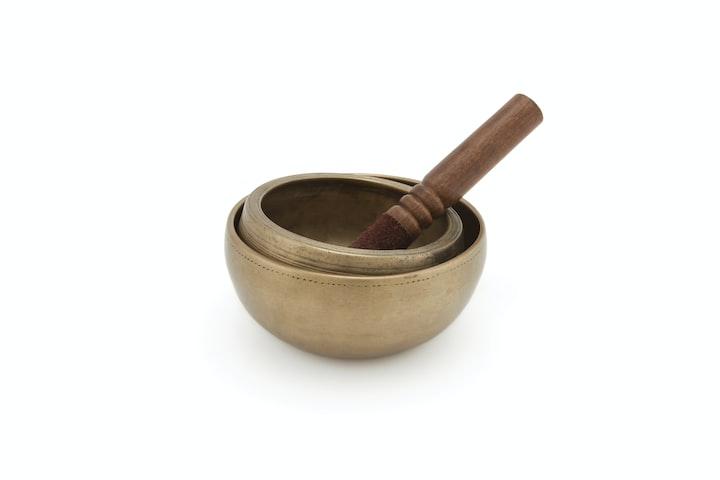Practical Tips About The Complications of Wound Healing
There are seven potential complications of wound healing: infection, inflammation, ischemia, poor nutrition, medications, age, and obesity.
Infection: Bacteria can enter the body through a break in the skin and cause an infection. The body’s immune system fights the infection and white blood cells flood the area. This can lead to swelling, redness, heat, and pain.
Inflammation: Inflammation is a normal response to injury or infection. It helps to protect the wound from further damage and promotes healing. However, if inflammation persists for too long it can delay healing or even cause tissue damage.
Ischemia: Ischemia occurs when there is not enough blood flow to the wound site. This can delay healing or even cause tissue death (gangrene). Ischemia is a common problem in diabetic wounds and vascular ulcers.
Poor Nutrition: Poor nutrition can delay healing by reducing the number of nutrients available for cell repair and growth. Malnutrition is common in patients who are elderly or have chronic illnesses such as cancer or HIV/AIDS. Medications: Some medications (such as steroids) can suppress the immune system and slow down wound healing. Others (such as blood thinners.
Read More »Practical Tips About The Complications of Wound Healing






